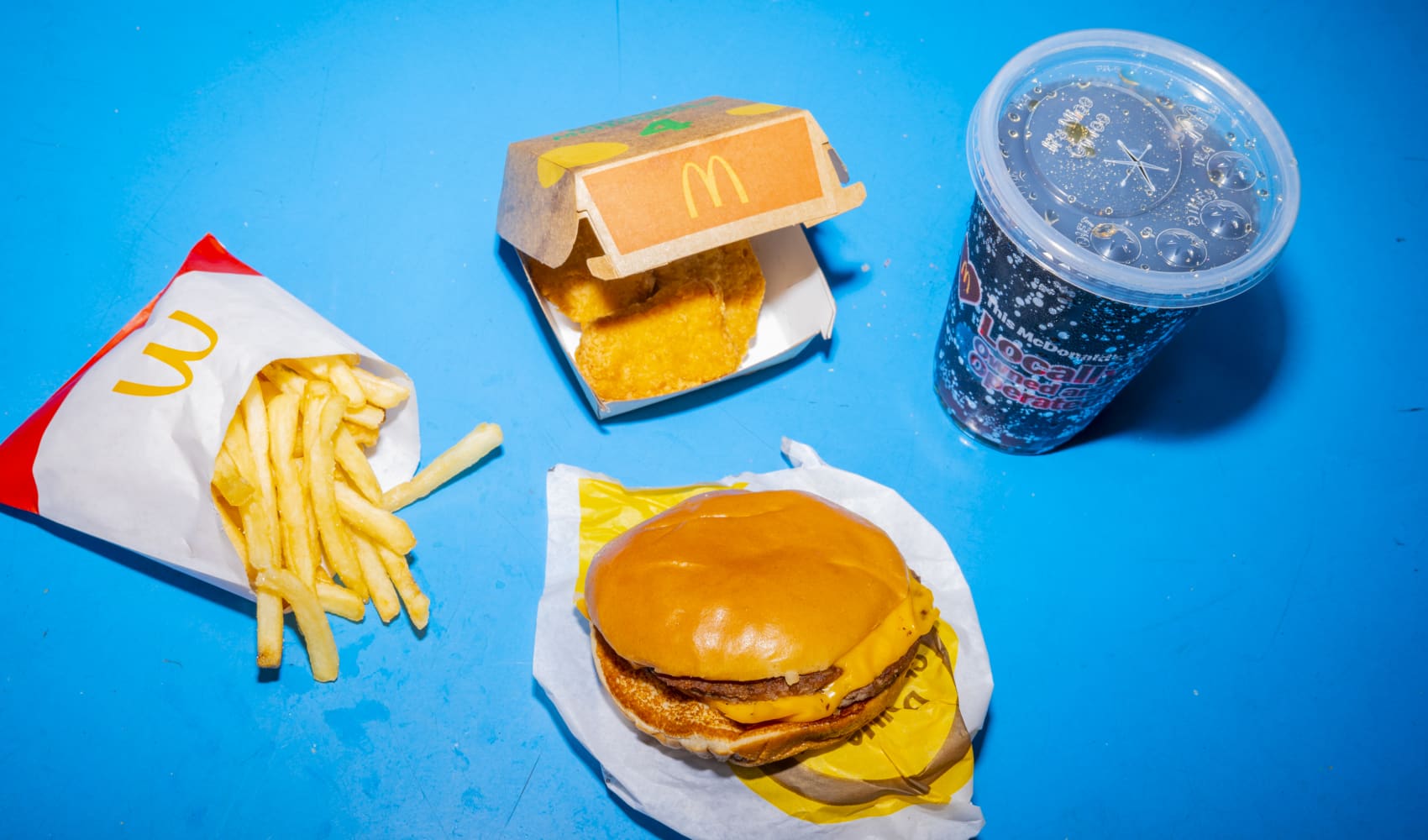
- Chinese electric car company Nio said Tuesday it plans to install battery charging stations in every one of China's 2,844 counties by the end of June 2025.
- The company also announced plans to expand its battery swap stations to more than 2,300 of China's counties by the end of 2025.
- Nio's latest announcements for what it calls its Nio Power business comes after the company said earlier this year a Wuhan city-linked fund led an investment round of up to 1.5 billion yuan ($210 million) in the unit.
BEIJING — Chinese electric car company Nio said Tuesday it plans to install battery charging stations in every one of China's 2,844 counties by the end of June 2025.
The company also announced plans to expand its battery swap stations to more than 2,300 of China's counties by the end of 2025. Nio aims to start reaching the remainder of counties with power swaps in 2026, although it did not specify an end date.
Nio's efforts to build out its battery charging and swapping stations comes as consumers remain concerned about how far an electric car can drive on a single charge. Counties are one of the lowest-level jurisdictions in China, typically in less developed areas.
The company said more than 200 other car brands can access its charging stations, and more than 80% of the electricity Nio chargers provide go to other brands' cars.
Chinese electric car companies are also trying to reduce the time drivers need to wait at a charging station.
Get Tri-state area news delivered to your inbox. Sign up for NBC New York's News Headlines newsletter.
Money Report
Geely-owned Zeekr earlier this month announced its cars equipped with its new batteries can go from a 10% to an 80% charge in just 10.5 minutes using the company's ultra-fast charging station. That's faster than what Tesla advertises for its Model 3.
It wasn't immediately clear how quickly Nio's fastest battery chargers could replenish a battery.
With battery swapping, Nio claims it can use an automated system to give drivers of compatible cars a charged battery in about three minutes.
The company has ramped up strategic partnerships with automakers such as Chang'an and Geely for its battery swapping business.
Nio said that as of Aug. 20, it has installed more than 23,000 charging stations and at least 2,480 battery swap stations. It has completed more than 51 million battery swaps to date.
Battery swaps accounted for more than half the electricity that Nio drivers used in July. More than one-fifth of power used came from chargers installed at home, with only 4.5% attributed to Nio's public chargers.
A growing power business
Nio's latest announcements for what it calls its Nio Power business comes after the company said earlier this year a Wuhan city-linked fund led an investment round of up to 1.5 billion yuan ($210 million) in the unit. The majority of Nio's revenue comes from vehicle sales, but the segment including power services grew by 5.2% in the first quarter to 1.53 billion yuan.
Nio has yet to announce when it will release second quarter earnings. The company did so last year at the end of August.
The Chinese government has supported the development of a nationwide battery charging network as part of its broader effort to spur the domestic electric car industry. The country's latest "five-year plan" that kicked off in 2021 calls for fast-charging stations nationwide, including in at least 60% of highway service areas.
China has said it had 8.6 million battery charging stations in 2023, a 65% increase from a year ago, for a ratio of one new station for every 2.4 new energy cars sold that year. New public charging stations grew by 42.7% to 929,000 in 2023, the data showed.
The U.S. said it had a total of 168,388 public EV charging stations in 2023, a 23.5% increase from a year ago.






